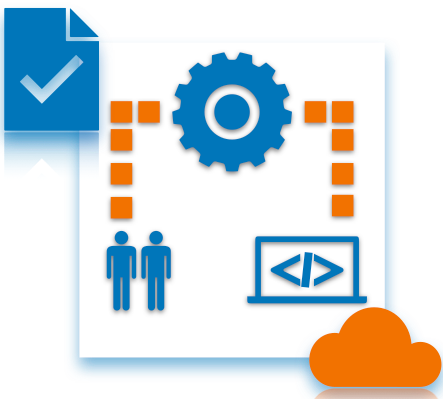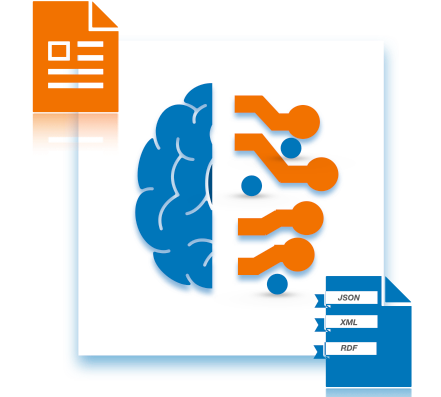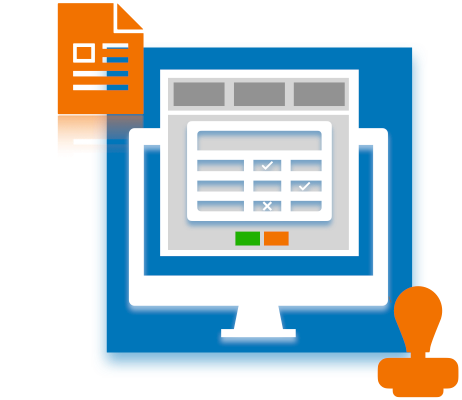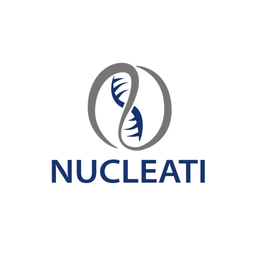
Informatics infrastructure
To support high-quality, medical grade, structured evidence generation
The medical field has entered the era of precision/personalized medicine. Physicians rely on the latest, high-quality evidence to tailor patient care. However, as necessary as it is, high-quality, reliable, transparent, unbiased, and updated data is not readily available.
To help you produce, store, and distribute high-quality medical evidence, Nucleati works closely with your team to understand your needs, current curation system, and release process, if any. We combine your needs with our expertise to develop a informatics infrastructure that can easily support your entire workflow, from evidence searching to releasing and updating. Intermediate steps may include supporting evidence categorization, adding supporting documents, field extraction or capture, summary generation, guideline-based weighing, independent and consensus scoring for evidence strength, and inference generation.
Web-enabled applications
To apply guideline-based inferencing and assertion generation
Clinical assertions, such as association, efficacy, and contraindication, depend on more than one type and source of evidence. Relying on just one piece of evidence is counterintuitive to medical practitioners. As a result, authorities in different fields often suggest guidelines for combining various types of evidence from multiple resources and reaching final assertions. As more and more sources of evidence become available, guidelines become complex, increasing the risk of mistakes with humans applying combination rules. Nucleati is apt to develop intelligent, web-enabled software to weigh, document, and communicate evidence combinations and assertions transparently. We also work with our clients to help you iterate through various versions of guidelines and help you find the one that best meets your requirements.


Artificial intelligence
For evidence collection and entity extraction
The primary reason for having limited sources of reliable evidence is the scalability of the evidence collection and documentation process. Humans with expertise in medical/clinical background are an integral part of the process. Evidence and medical assertions carry little weight in the absence of human verification. However, with advances in natural language processing technology, sub-tasks of evidence-based medicine like identifying relevant literature, extracting entities, and summarization can be faithfully handed over to artificial intelligence. We work with you to develop a high-quality training, validation, and test database. We use next-generation tools to build artificial intelligence models, transparently communicate models' performances and capabilities, and help you integrate into your workflow or as an independent application.
Evidence aggregation and normalization
If you are in the evidence-based medicine field, you likely understand that combining evidence from various sources is not a straightforward task. Different evidence sources use diverse vocabulary and identifiers and utilize customized formats for data dissemination. To integrate and normalize evidence regularly without specialized tools is nearly impossible. At Nucleati, we work with you to understand the various evidence sources you use, develop pipelines to normalize them, and provide you with an integrated view for easy understanding and graphical summarization.

We need your consent to load the translations
We use a third-party service to translate the website content that may collect data about your activity. Please review the details and accept the service to view the translations.
